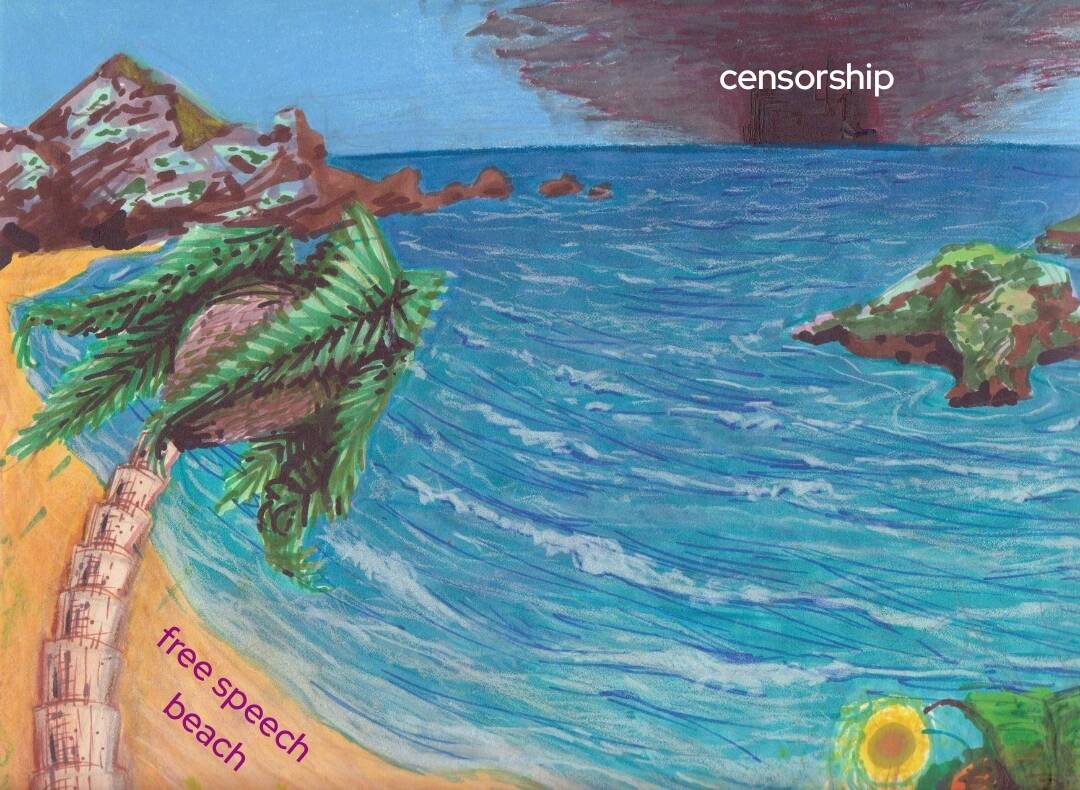EDITORIAL: Vance has a point about free expression and Europe
Vice President JD Vance shook up Europe by delivering a handful of inconvenient truths to the continent’s leaders during a speech in Munich. Critics of the address make defensible points about the decorum of dressing down American allies in such public fashion, particularly as an election looms in Germany. But Mr. Vance made some salient points about the danger inherent in weakening democratic traditions.
“The threat that I worry most about vis-a-vis Europe is not Russia, not China, it’s not any other external actor,” Mr. Vance said. “What I worry about is the threat from within, the retreat of Europe from some of its most fundamental values.”
Whether Russian or Chinese aggression represents only a minimal threat to Europe or not — the people of Ukraine may have particularly strong feelings on this — is certainly debatable. But there can be little doubt that many European nations have — like American leftists — become enthralled with shackling free markets and tamping down on liberties in the name of equity and inclusion. Of particular concern to the vice president was the push to water down free speech protections, which Mr. Vance noted are “in retreat” in Europe.
This led to all manner of hand-wringing from American progressives. CBS’ Margaret Brennan, confronting Secretary of State Marco Rubio about the vice president’s remarks, insisted that “free speech was weaponized to conduct a genocide” (the Holocaust) in Germany. This is not only historically inaccurate, it is inane. CNN noted that Mr. Vance used his speech “to lambaste European politicians, claiming they are suppressing free speech” and committing other sins. Note the word “claiming.” But the facts speak for themselves.
Just days after Mr. Vance delivered his controversial address, “60 Minutes” aired a report on how Germany is cracking down on “hate speech” online, carrying out raids at private homes to arrest internet trolls. The German authorities seem quite proud of their activity. “Without boundaries,” an official with a German human rights group said, “a very small group of people can rely on endless freedom to say anything that they want, while everyone else is scared and intimidated.”
The arrests include people who have insulted politicians online or used a swastika to mock pandemic restrictions. Britain jailed a man for silently praying near an abortion clinic. In Germany, people can be prosecuted for “liking” content that the state deems illegal. The Foundation for Individual Rights and Expression, an American free speech watchdog, notes that “the restrictions on speech — including online speech — in countries like the United Kingdom and Germany in recent years have been alarming.”
Mr. Vance may have been impolite to chide Europeans for sliding toward authoritarianism in terms of free expression. He wasn’t wrong.
The views expressed above are those of the Las Vegas Review-Journal.
















